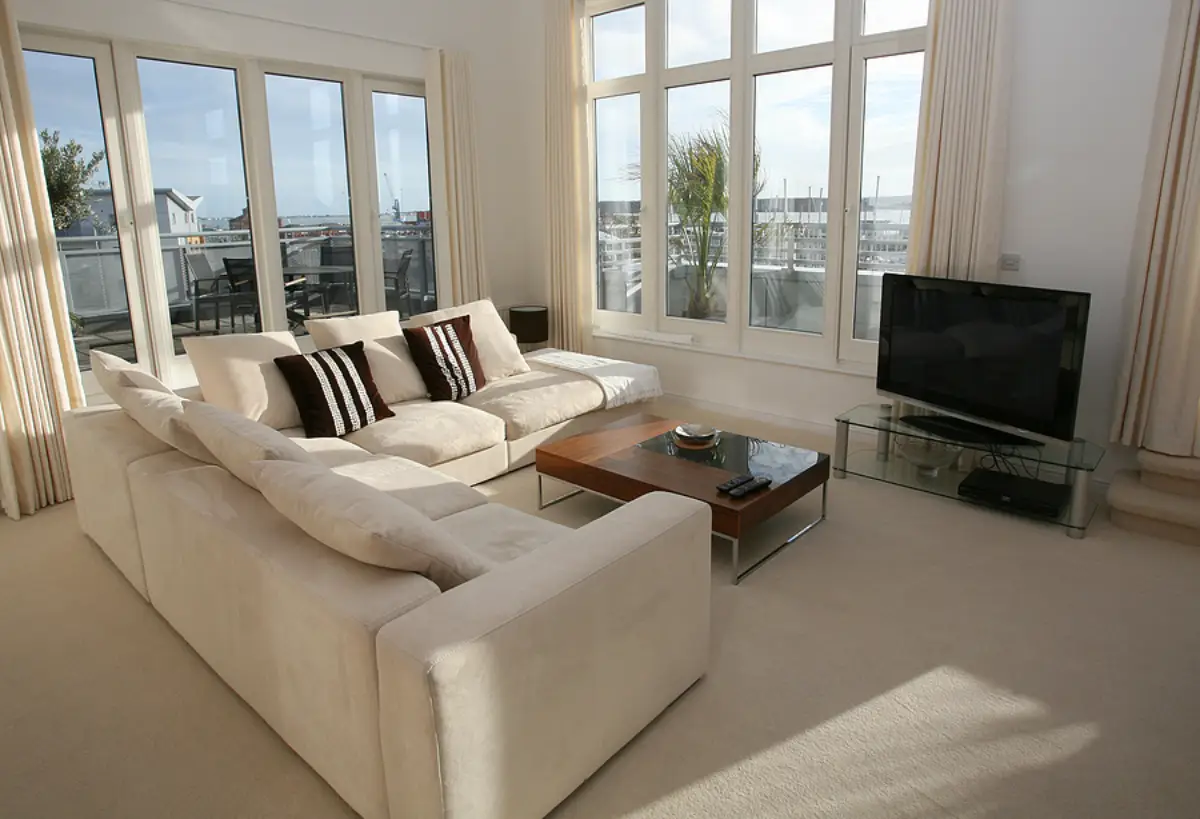Charlotte’s rental market continues to grow, powered by a strong business hub, expanding universities, and constant population inflows from other regions. But a healthy market doesn’t automatically mean consistent profits for landlords. Weather extremes, maintenance surprises, and turnover challenges can quickly cut into rental income when budgets aren’t prepared for reality.
The landlords who succeed in Charlotte take a proactive approach. They understand that financial planning must factor in both expected and unexpected costs. With the right systems and guidance, such as PMI Cardinal’s ROI calculator, investors can create budgets that stabilize income and keep properties performing well across all conditions.
Key Takeaways
- Conservative income estimates prevent overestimating profits and reduce stress.
- Reserving 5 to 10 percent of rent for maintenance keeps finances balanced.
- Well-chosen property upgrades increase rent potential and tenant satisfaction.
- Ongoing tax planning and recordkeeping preserve more annual income.
- Professional management improves reporting, rent collection, and scalability.
Keep Income Projections Realistic
Rental rates in Charlotte vary widely depending on the neighborhood and property type. A sleek Uptown condo won’t perform the same as a suburban single-family home in Ballantyne. While it’s tempting to simply multiply monthly rent by twelve, that approach doesn’t account for vacancies, late payments, or concessions.
For example, a unit renting at $2,100 per month appears to generate $25,200 annually. After a three-week vacancy and turnover costs, however, the realistic figure may be closer to $23,800. Conservative budgeting prevents landlords from relying on inflated numbers and ensures expenses can still be covered even in less-than-perfect years.
Tip: Always build three scenarios—conservative, base, and optimistic—and budget off the conservative projection.
Budget Beyond Fixed Costs
Mortgage, insurance, and property taxes are predictable, but variable expenses often throw landlords off balance. Charlotte investors commonly face:
- HVAC issues during humid summers
- Exterior maintenance after stormy weather
- Pest control in warmer months
- Lawn care and landscaping in suburban communities
Allocate 5 to 10 percent of monthly rent for upkeep. For older homes or properties with larger yards, aim for the higher side.
Many landlords assume professional management is just another cost, but PMI Cardinal helps cut vacancy times, improve lease enforcement, and streamline rent collection. Their focus on consistency, supported by strong service guarantees, often offsets the fee by protecting landlords from common financial pitfalls.
Build an Emergency Reserve
Charlotte’s mix of summer heat and sudden storms means landlords should expect emergencies at some point. Without a reserve, one HVAC replacement or roof repair could wipe out several months of profit.
Commit to moving a portion of rent each month into a separate account until reserves reach at least one to two months of rent per unit. Over time, expand this cushion so larger capital costs, such as siding or appliance replacement, don’t disrupt day-to-day operations. Treat your reserve as untouchable until it’s truly needed.
Upgrade for Better Returns
Budgeting isn’t just about cost control. Smart upgrades can increase rental income and reduce tenant turnover. Charlotte tenants often look for:
- Energy-efficient appliances that lower utility bills
- Durable flooring that’s easier to maintain than carpet
- Smart home features like thermostats or keyless locks
- Exterior improvements that boost curb appeal in competitive neighborhoods
Before investing, weigh the rent increase potential and impact on vacancy reduction. Projects that improve efficiency and tenant satisfaction usually pay off faster.
Anticipate Seasonal and Local Trends
Charlotte’s rental market is strong year-round, but cycles still exist. Student turnover around UNC Charlotte, corporate relocations, and seasonal job changes create peaks and valleys.
Plan ahead by:
- Allocating additional marketing funds during the slower winter months
- Scheduling preventive HVAC and roof maintenance before summer heat and storm season
- Timing lease expirations to align with stronger rental demand periods
These steps help reduce vacancy times and maintain steadier cash flow.
Track Finances with Precision
Clear financial records are critical for maintaining profitability. Relying on scattered spreadsheets leaves room for error. Instead, use reporting systems that highlight:
- Monthly income versus expenses
- Average turnover cost and days vacant
- Maintenance costs by category
- Reserve balance progress
When patterns are visible, you can respond early in renegotiating service contracts, adjusting upgrade plans, or revising marketing budgets. PMI Cardinal also emphasizes structured systems for efficiency, including rent collection solutions that ensure landlords get paid reliably.
Keep Taxes in the Plan
Taxes should be part of your budgeting process, not an afterthought. Common deductions for Charlotte landlords include:
- Mortgage interest and property taxes
- Property management fees
- Repairs and routine maintenance
- Mileage and travel for inspections or contractor visits
- Depreciation on properties and assets
Track these expenses consistently throughout the year. By doing so, you’ll maximize deductions, reduce taxable income, and avoid scrambling at filing time. Organized tax planning is one of the simplest ways to preserve rental profits.
Scale Without Losing Control
Growing your rental portfolio in Charlotte can be lucrative, but more properties also bring added complexity. Doubling your doors without strong reporting systems in place often leads to confusion.
Keep budgets at the property level to see which units are top performers and which may need repositioning. Bundle recurring services like landscaping or pest control across multiple properties for cost savings. By maintaining detailed performance records, you’ll know exactly where to invest next.
Build Budgets That Adapt
Budgets should evolve as markets change. Review quarterly to account for shifts in insurance premiums, vendor pricing, or utility costs. If rents rise, adjust projections. If maintenance costs spike, shift priorities toward preventive investments.
Flexibility keeps landlords from being caught off guard. The goal isn’t a perfect forecast but an adaptable plan that ensures cash flow stability regardless of market shifts.
Charting a Stronger Financial Future with PMI Cardinal
Charlotte’s rental market offers plenty of opportunities, but profits don’t happen by accident. They come from careful planning, accurate projections, and financial systems that adapt as conditions change. PMI Cardinal helps landlords design these systems, combining local expertise with structured reporting, reliable rent collection, and clear accountability.
Take the next step by connecting with PMI Cardinal’s accounting services. With experienced support, your properties can shift from unpredictable ventures to consistent, income-generating assets that build long-term wealth.
FAQs
How much should Charlotte landlords budget for maintenance?
Plan on saving 5 to 10 percent of monthly rent or about 1 percent of the property’s value annually, depending on age and condition.
Are property management fees worth it in Charlotte?
Yes. Management often pays for itself through faster leasing, stronger rent collection, and reduced tenant turnover.
What upgrades deliver the best ROI in Charlotte rentals?
Energy-efficient appliances, modern flooring, smart locks, and improved landscaping are consistently strong performers.
How often should budgets be reviewed?
Quarterly reviews are ideal. They let you adjust for changes in insurance, vendor costs, or local market conditions before small issues grow.
Can landlords deduct travel expenses?
Yes. Mileage, gas, and parking fees for trips related to property management are deductible if properly documented.


